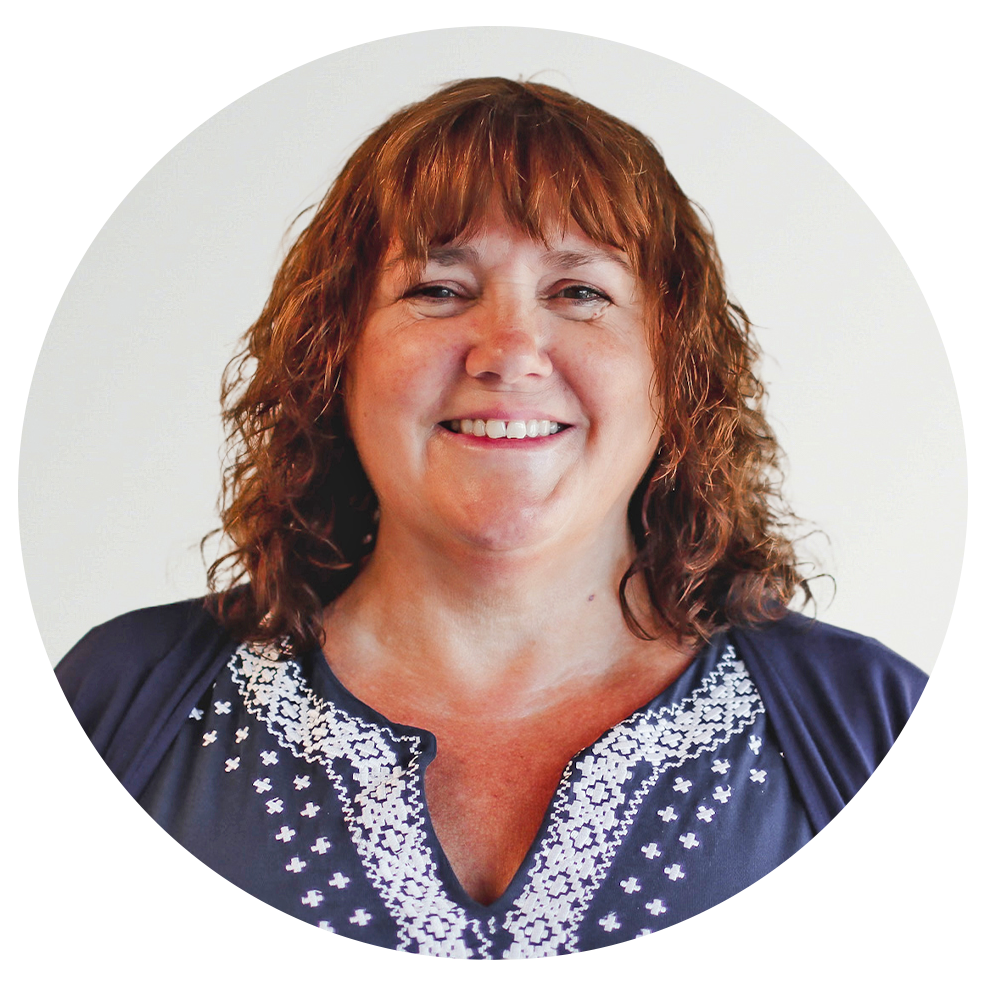Link between lower limb oedema pressure ulcers and legrest elevation
Very often when caring for people with lower limb oedema we are advised to elevate the legs. Why is this and how does this help? This webinar will help you understand oedema, its reduction and how this can also help prevent heel pressure ulcers.
Learning Outcomes
- To understand what oedema is, what causes it and how to recognise it
- To gain knowledge on how to manage lower limb swelling and when to refer
- To recognise the link between oedema, lower limb elevation and heel pressure ulcer risk
Meet our Experts

Heidi has been a Tissue Viability Nurse since 2002. Her interest and passion in the prevention and management of pressure ulcers began, however, in 1987 on registering as a nurse. She has worked in both acute and community care.
People who watched this also watched...
OT Week: 24 hour postural care
With RCOT’s OT week this year focusing on ‘prevention and early intervention’, this webinar will look closely at identifying the risks for individuals if their posture starts to change. We will discover how early intervention can help support and maximise our patient's independence and function, and in-turn greatly reduce risks of secondary health complications.
Enhancing healthcare consultations and interventions: Using a coaching approach for effective patient engagement
Recent research shows that occupational therapy intervention is essential to support healthy ageing and adults living with chronic conditions who have difficulties performing daily activities (Hagelskjær et al. 2024). Equally, physiotherapy is crucial in supporting better physical health for older adults with and without chronic health conditions (Liu et al 2024). Supporting clients to self-manage their health is essential, but this requires specific approaches and communication styles, such as coaching. Join us for this webinar, which introduces how to use a coaching approach to enhance client engagement and intervention.
How to choose a pressure cushion for seating
Selecting the right pressure cushion is essential for maintaining comfort, promoting healthy posture, and preventing pressure injuries for individuals who spend extended periods sitting. This webinar provides a practical, evidence-informed guide to understanding different types of pressure cushions, how they work, and how to match them to individual needs. Participants will learn to assess key factors such as mobility levels, posture, risk of skin breakdown, and daily routines.


